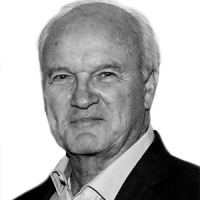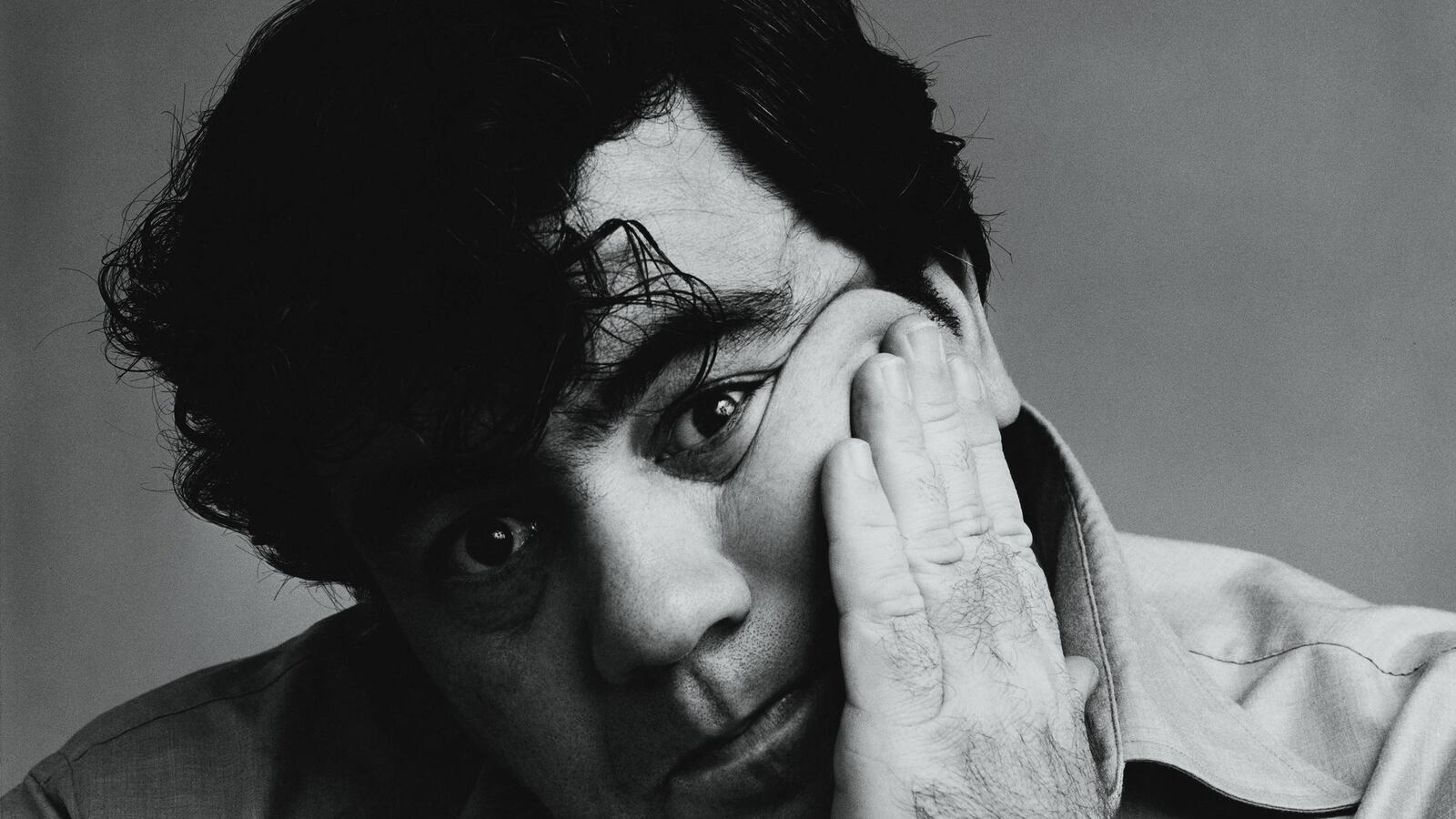Anyone capable of reading an English sentence has always known that Jimmy Breslin was a truly magnificent writer with an unmatched talent of observation married to the ability to use a word, a paragraph, a whole newspaper column to provoke or pull emotion out of customers who bought the product. Nobody ever put down the paper after reading Breslin and wondered what he meant.
He was clear. He was direct. He was simply a truly great reporter who found an office in any city or place he happened to be working: the sidewalk.
He knew and would tell anyone in the newspaper business that nothing ever happened in a City Room. Get out of the building. Go sit on a stoop, a park bench, a precinct house, a hospital emergency room, almost any place where human beings gathered in hope or heartache and just observe, just listen.
The power of his language as it was set in type was extraordinary and it changed the way everyone else tried to write a newspaper column. Breslin’s pieces in the New York Herald Tribune—one of America’s great 20th Century newspapers—Newsday and The Daily News were 900-word novels, stories about something that happened yesterday, stories with both immediacy and a beginning, a middle and an end.
He could capture a look, a glance, a mood or a fleeting moment with a single sentence. He could paint a picture of an event, any event—the assassination of a president, a fatal gunshot wound to an iconic singer, an eviction, a prize fight, a riot, a protest march, a sanitation strike or an impeachment—and with staggering speed and skill go toe-to-toe with a deadline and emerge the heavyweight champion of column writing. Every time out.
He patrolled his city and others too like a wolf after prey, always on the hunt for the damaged who may have been wounded by power. He stood for the vulnerable and used the voice contained in his talent to call out the political people and anyone else who abused or ignored the poor, the disenfranchised, anyone living on life’s margins and judged by their zip code, their needs or their lack of income.
He was born with an internal radar for frauds. And he had no fear of what others thought of him or of what he wrote. In the city of his birth, the city he called home, a place of staggering wealth and even greater heartache among so many he never went “Uptown.” Go find him on a sidewalk, down the block, around a corner, up on the fourth floor of a tenement, in the courtyard of a project, in the back of an arraignment session but never, not ever, at a cocktail party or big dinner where the wealthy and the influential sat with three forks to the left of the plate, two spoons to the right. Breslin never even needed napkins.
His people were on the train hurtling beneath the surface of the lights, the money, the greed, the clout of the city above. They were all there, seated together, wordlessly, sharing little eye contact as they went together under the river and across the bridges to Queens and Brooklyn and up into the Bronx, from work to home where they shared a universal concern: the absence of money and for many of them the disappearance of hope.
He chronicled life in America for over a half-century. And one hundred years from now sociologists will study Breslin’s columns for insight into this dream that belongs to no one other than the people, this dream we call America that others now, today, try to distort or disturb or certainly damage.
The New York Times’ Dan Barry wrote in his spectacular obituary of Jimmy Breslin that the man “inspired every emotion but indifference.” And that was a big piece of Breslin’s gift: the ability to be angry and to refine and use his anger in a newspaper column that brought his wider world into clear view for others who might live a more sheltered existence from the daily reality that surrounds millions.
It is both easy and factual to state that there will never be another like him because there was only one like him, Himself. Breslin. A newspaper guy. Leave the house. Walk the city. Find a story. Write the story. Use a noun, a verb, an object, a complete English sentence. Put it in the paper for people to read and make sure they realize this Breslin column they hold in their hands is a gift like no other, a piece of work nobody else in the world could do.
Breslin. Dead at 88.
End of story.






